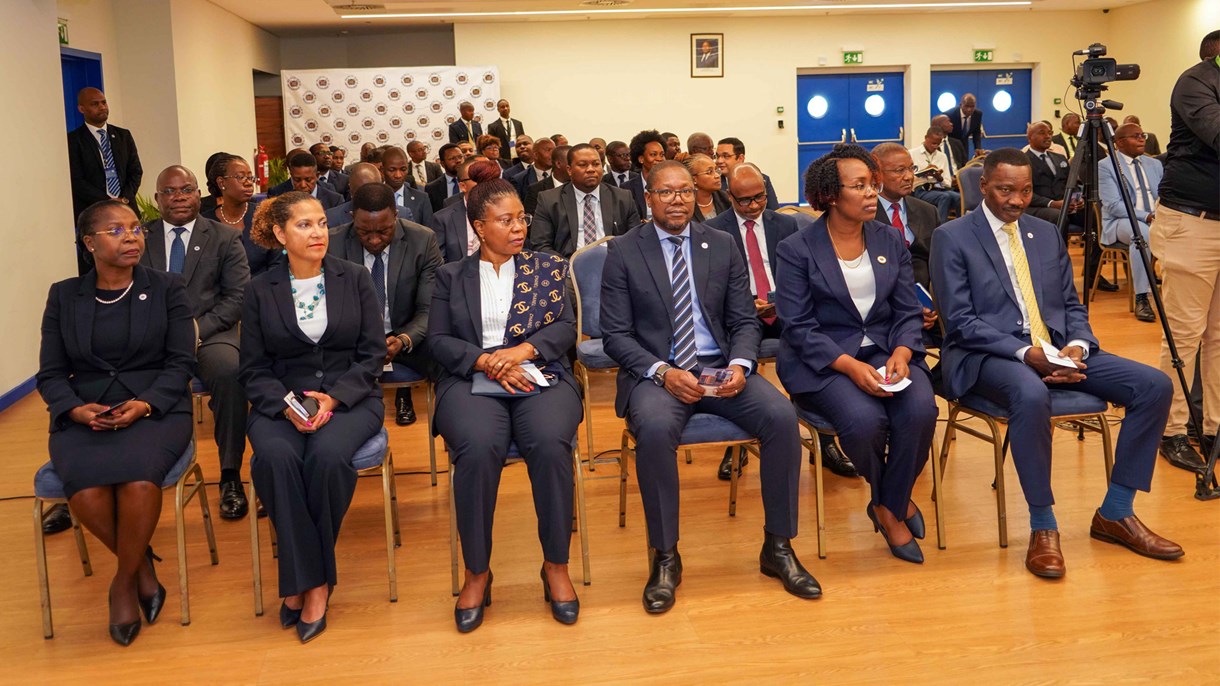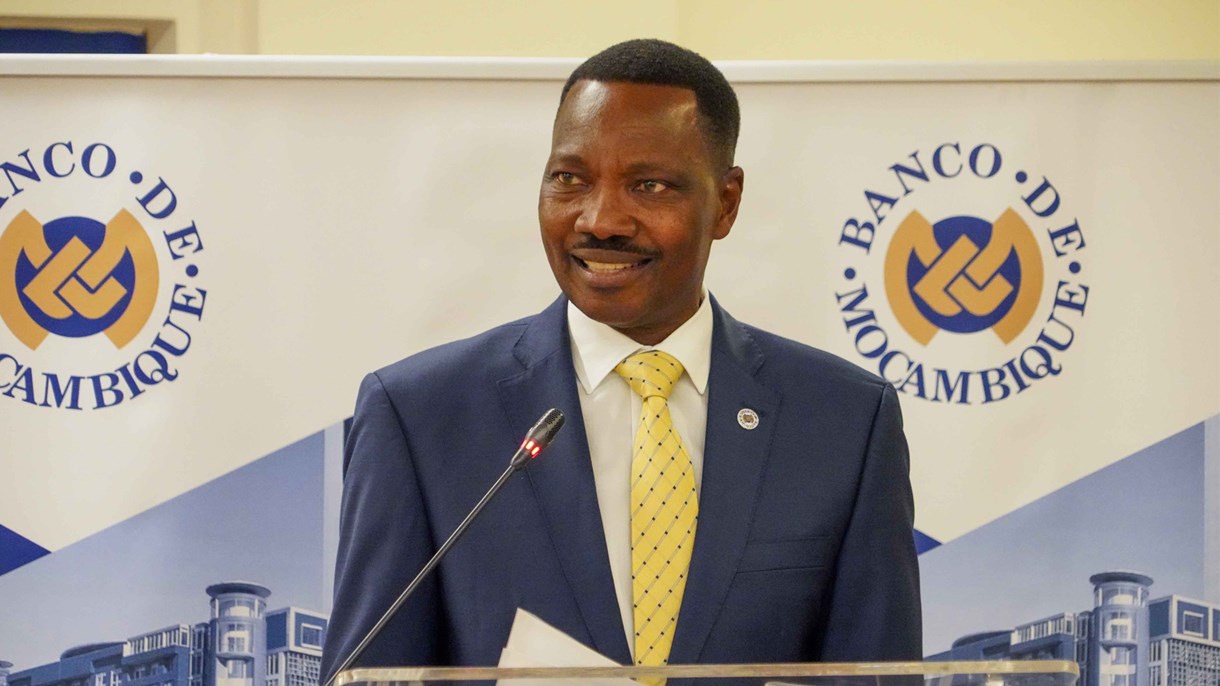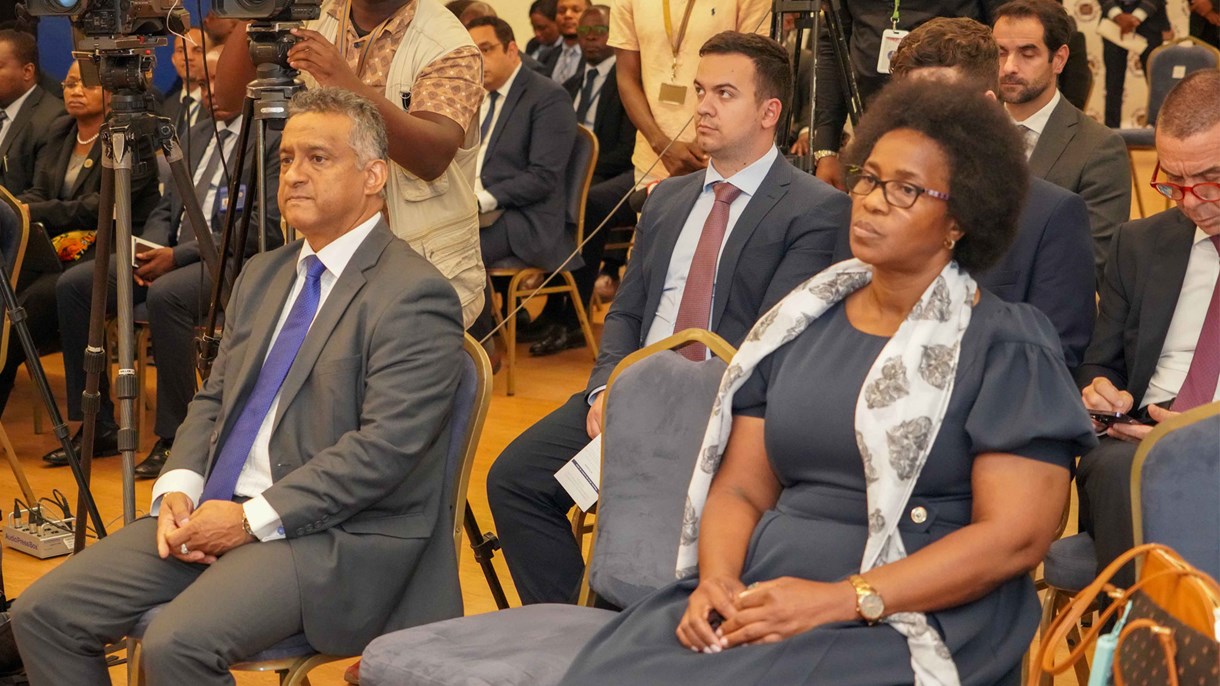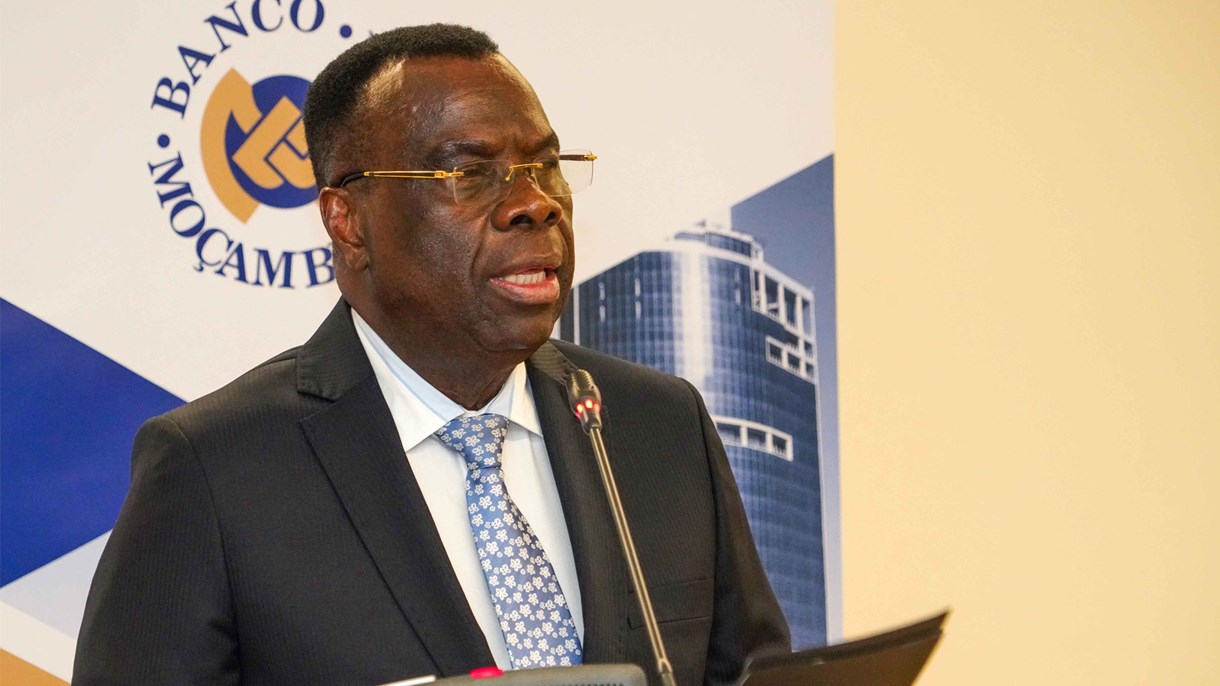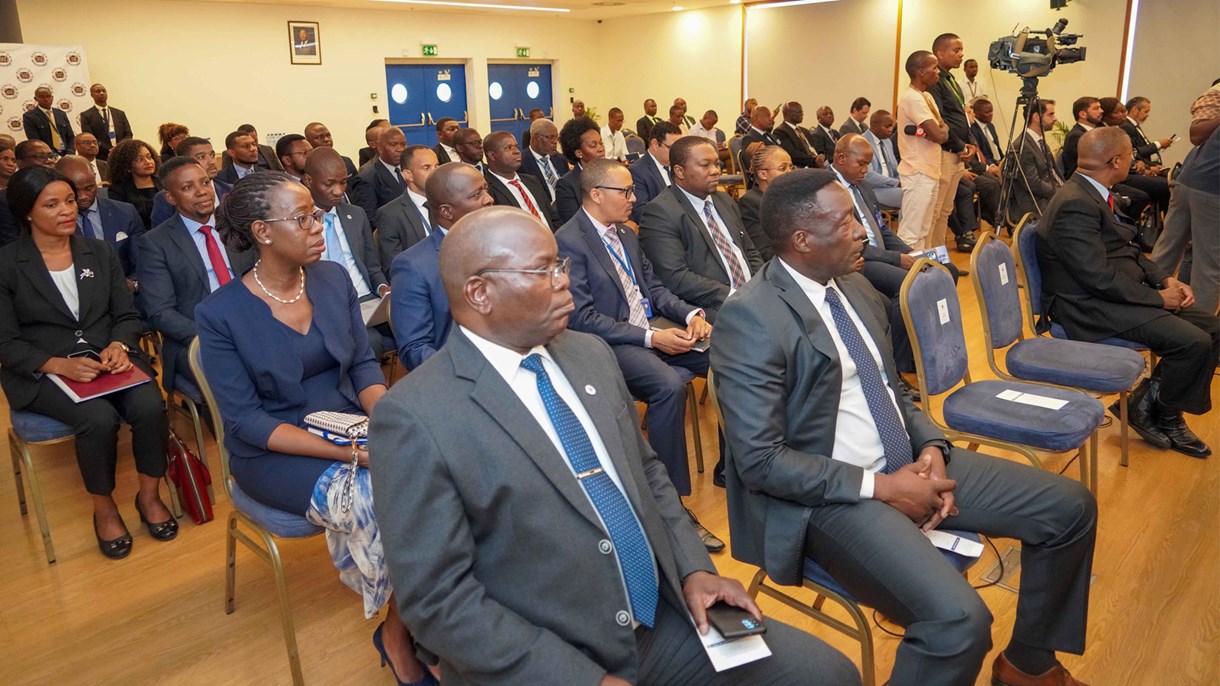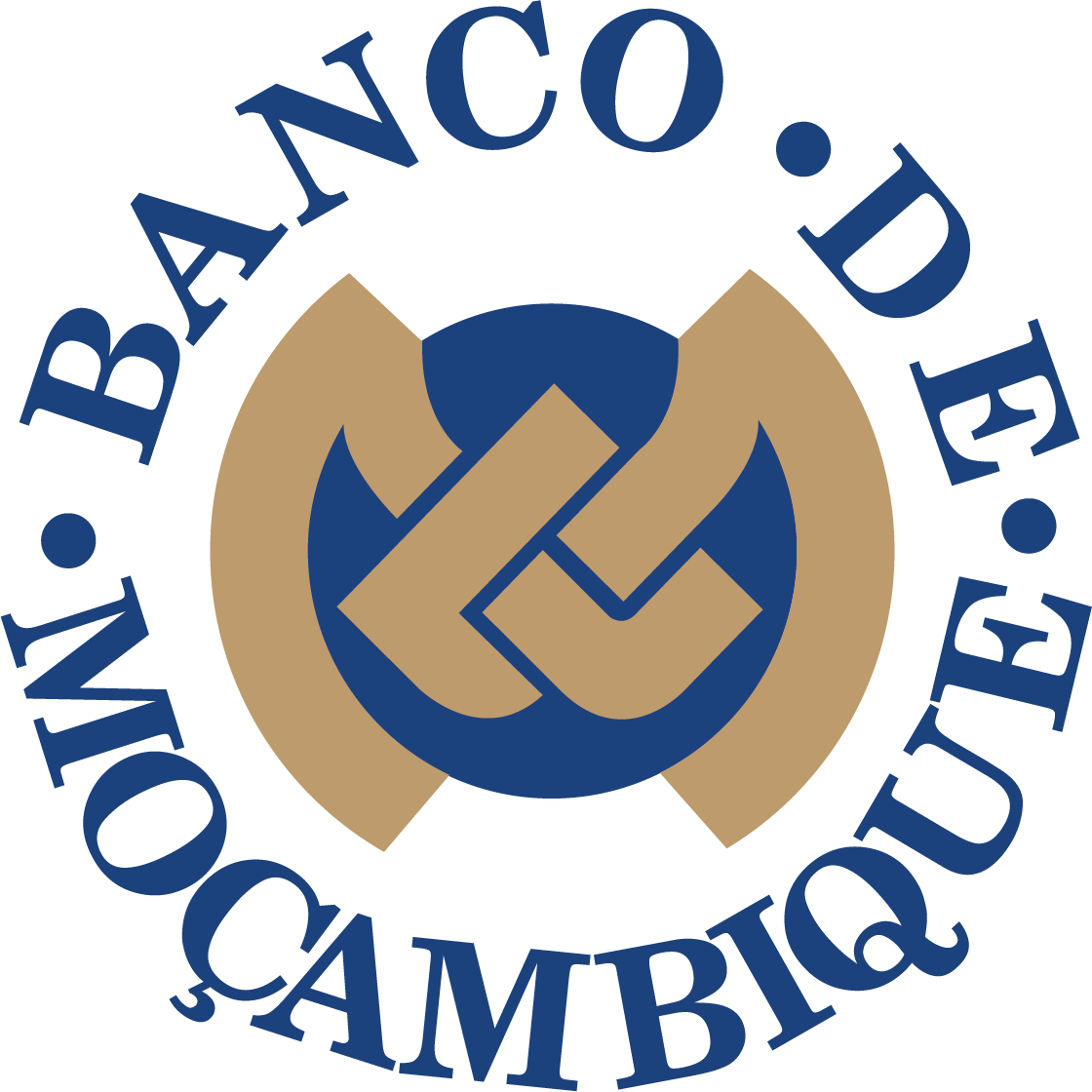BANCO DE MOÇAMBIQUE LAUNCHES REAL-TIME GROSS SETTLEMENT SYSTEM
Thursday, 30 November 2023
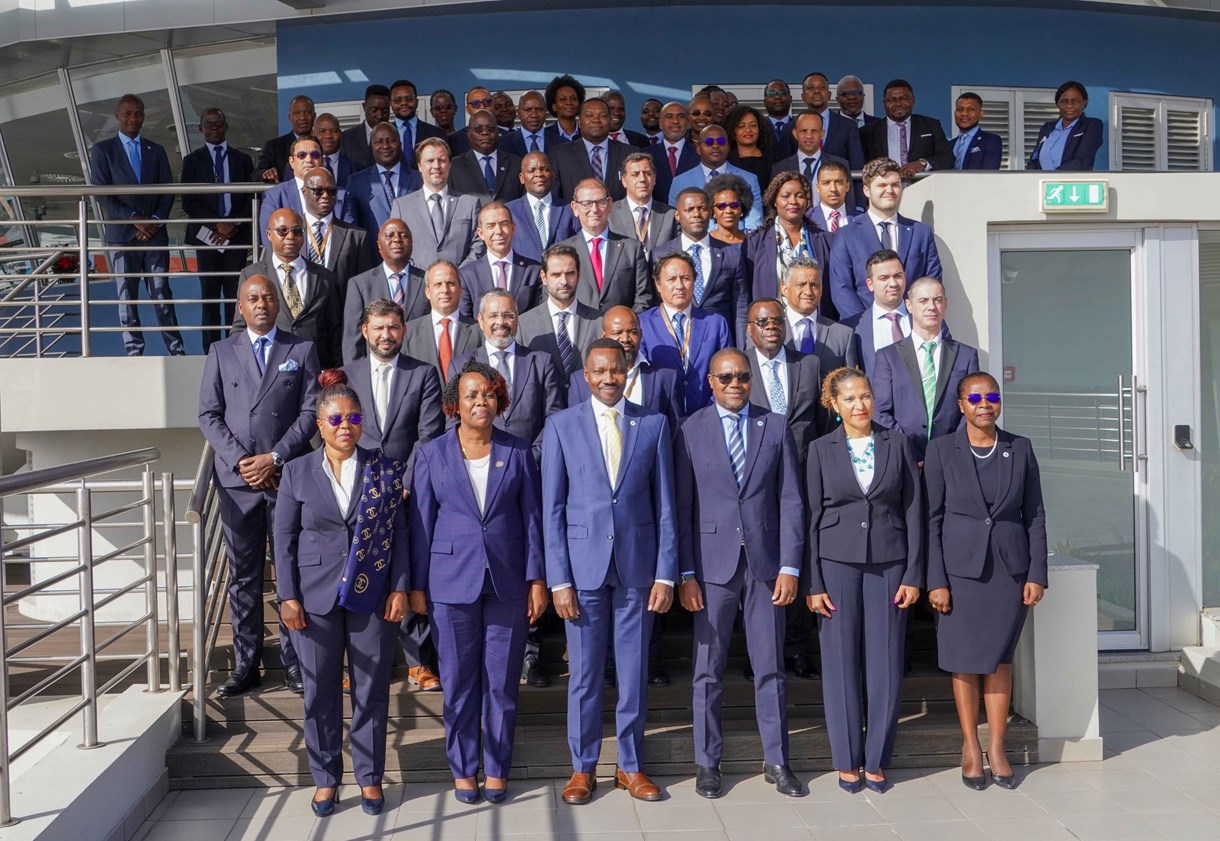
Today (30), the Banco de Moçambique (BM), represented by Governor Rogério Lucas Zandamela, launched the Real-Time Gross Settlement (RTGS) system at the auditorium of the BM parking building (silo auto).
The RTGS launch ceremony was attended by the institution's staff members, as well as the Mozambican Association of Banks (AMB), represented by its Chairman, Teotónio Comiche, representatives of commercial banks and Montran Corporation, among other guests.
Speaking at the event, Rogério Zandamela began by commending the Montran Corporation for winning the international tender, among three major competing companies, as the best provider of the system that was launched today. His praise was extended to BM partners, which have been contributing towards institutional modernization by means of technical assistance. Commercial banks and all managers and workers of the BM who were directly or indirectly involved in the process of implementing this system also received the Governor's praise.
According to Rogério Zandamela, the launch of the RTGS platform is part of a broad project to modernize the National Switch (SNP), which favors the digitalization of payment methods and began in 2000. However, despite notable progress to date, challenges still prevailed in the national switch related to efficiency, namely the time frame for making funds available and competitiveness among participants, and security in terms of payment risk management.
“It was against this backdrop that, in 2017, the Banco de Moçambique decided to launch the international tender for the provision of an RTGS platform, which would respond to the increasingly growing and complex challenges imposed by the developments in payment systems and the demand of payment service users,” - he said.
On account of providing for real-time availability of funds, the RTGS platform ensures greater speed in the transactions carried out, as well as, among others, the following advantages: simultaneously adding several functionalities, particularly improving liquidity management by banks; queue management and payment instruction congestion unblocking mechanisms; a system for monitoring the operation of the platform through visual and audible alerts of anomalies in transactions. The system is also adjusted to the ISO20022 quality standard, which allows for increased automation, reduced fraud and higher quality analysis.
Rogério Zandamela wrapped up his speech by expressing the conviction that, with the implementation of RTGS, the conditions are in place for citizens, companies, and the state to carry out transactions in a safer environment, with greater reliability, efficiency and in real time.
In turn, the AMB Chairman stated in his speech that the materialization of this project was only possible with the involvement of all credit institutions, in all stages of preparation that preceded the process of operationalization of the platform, and that, despite the results achieved, there are still some challenges that can be overcome with the commitment and collaboration of all participants.
While delving into the RTGS advantages, Teotónio Comiche alluded to the improvements in banking efficiency, through the optimization of liquidity management, flexibility of financial transactions and increased confidence of economic agents in the financial system. According to Comiche, the platform will also tend to boost the flow of internal and international trade between SADC countries, as well as bolster economic activity in the region, which is currently below potential.
During the ceremony, a video on the RTGS implementation process was also showcased and diplomas of honor were awarded to nine BM employees and the representative of Montran Corporation.
